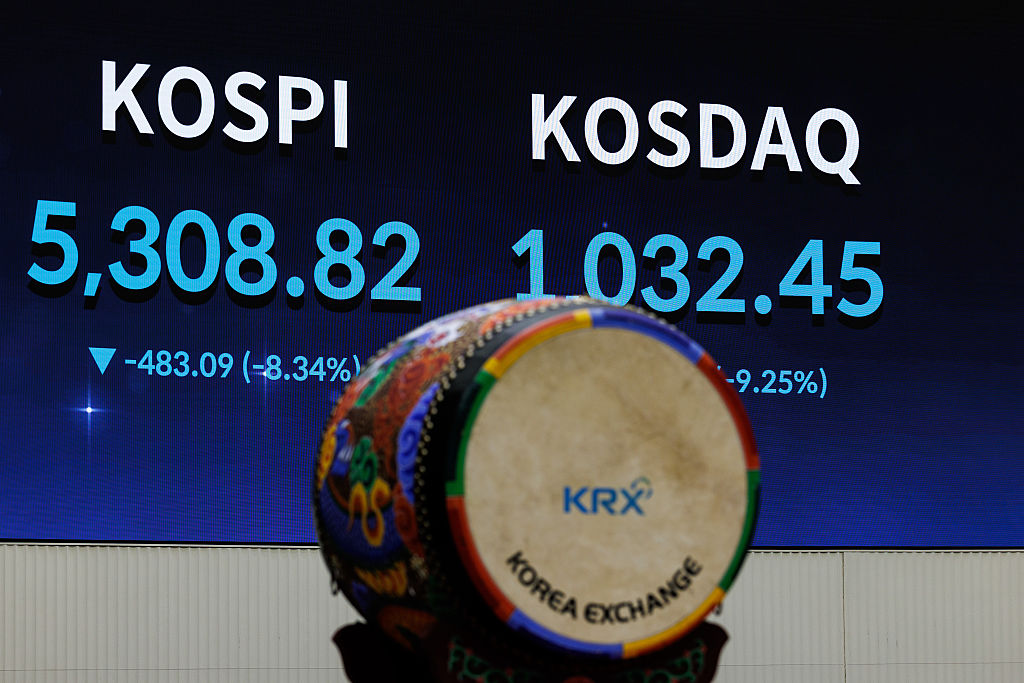Sex, Lies and Investment Banking
Review of The Last Tycoons by William D. Cohan. Cris Sholto Heaton rounds up what the critics have been saying about this heated saga of sex, lies and score settling at Lazard Freres.

Get the latest financial news, insights and expert analysis from our award-winning MoneyWeek team, to help you understand what really matters when it comes to your finances.
You are now subscribed
Your newsletter sign-up was successful
Want to add more newsletters?
The Last Tycoons may be "this summer's page turner", says Greg Levine on CNBC.com albeit with one big difference to the latest John Grisham: "it's allegedly all true". The ingredients are certainly those of an epic work of fiction "multiple plot lines punctuated by sex, betrayal, Cuban cigars and one particularly lurid murder", as James Pressley describes it on Bloomberg.com. But this is no pulp thriller: instead it's a history of one of the world's most venerable investment banks, Lazard Frres & Co, and the outsize personalities who worked and fought within its walls.
William Cohan, an investigative journalist and former junior banker at the firm, takes the reader on a detailed tour of where the bodies are buried, helped by almost the entire cast of the book. Current chief executive Bruce Wasserstein declined to talk to him, but almost everyone else took the opportunity to settle some old scores and Cohan extracted some choice stories over the course of more than 100 interviews.
The result is a very long book, says John Gapper in the FT, but one sympathises with Cohan's inability to edit it down. "What should have been left out? The account of Felix Rohatyn's jealous clash with Steve Rattner, conducted through various magazines? Or Mr Rohatyn's affairs, culminating in one occasion when Andr Meyer banged on his locked door to shout: Felix, why don't you go to a hotel room like the rest of my partners?' ... Or the appetite of the late Edouard Stern ... who is said to have eaten up to 70 pieces of sushi at a single sitting." Stern is later the subject of the "lurid murder" found shot dead in his Geneva apartment while wearing a flesh-coloured latex suit.
Try 6 free issues of MoneyWeek today
Get unparalleled financial insight, analysis and expert opinion you can profit from.

Sign up to Money Morning
Don't miss the latest investment and personal finances news, market analysis, plus money-saving tips with our free twice-daily newsletter
Don't miss the latest investment and personal finances news, market analysis, plus money-saving tips with our free twice-daily newsletter
Why did Lazard breed such behaviour, often excessive even by superstar banker standards? In addition to the routine pressures of work such as Rohatyn's role in preventing New York from going bankrupt and various vast mergers and acquisitions there was the firm's culture, which promoted backstabbing and double-crossing above establishing a convivial work atmosphere. "Maybe some of the internal feuding and insecurity was down to the rootless past of Lazard's senior executives," says Gapper. "Mr Rohatyn escaped from Vichy France to the US in 1942, while [former chairman Michel] David-Weill's family had to change their names to avoid being arrested as Jews."
Every page turner needs a dnouement, and it's the ousting of the old guard that provides it. A protracted leadership struggle between David-Weill, Rohatyn, Rattner and William Loomis left the firm divided and lagging behind its rivals. But once Wasserstein gained control, Lazard seems again to have started thriving even if, as Cohan clearly feels, some of its character has also vanished.
The Last Tycoons, published by Doubleday, is available from the MoneyWeek bookshop.
Get the latest financial news, insights and expert analysis from our award-winning MoneyWeek team, to help you understand what really matters when it comes to your finances.

Cris Sholt Heaton is the contributing editor for MoneyWeek.
He is an investment analyst and writer who has been contributing to MoneyWeek since 2006 and was managing editor of the magazine between 2016 and 2018. He is experienced in covering international investing, believing many investors still focus too much on their home markets and that it pays to take advantage of all the opportunities the world offers.
He often writes about Asian equities, international income and global asset allocation.
-
 One million more pensioners set to pay income tax in 2031 – how to lower your bill
One million more pensioners set to pay income tax in 2031 – how to lower your billHundreds of thousands of pensioners will be dragged into paying income tax due to an ongoing freeze to tax bands, forecasts suggest
-
 Stock market circuit breaker: Why did Korean shares pause trading?
Stock market circuit breaker: Why did Korean shares pause trading?The fallout from the conflict in the Middle East hit the Korean stock market on 4 March, with shares forced to temporarily stop trading. What is a stock market circuit breaker, and why did the KOSPI trigger one?